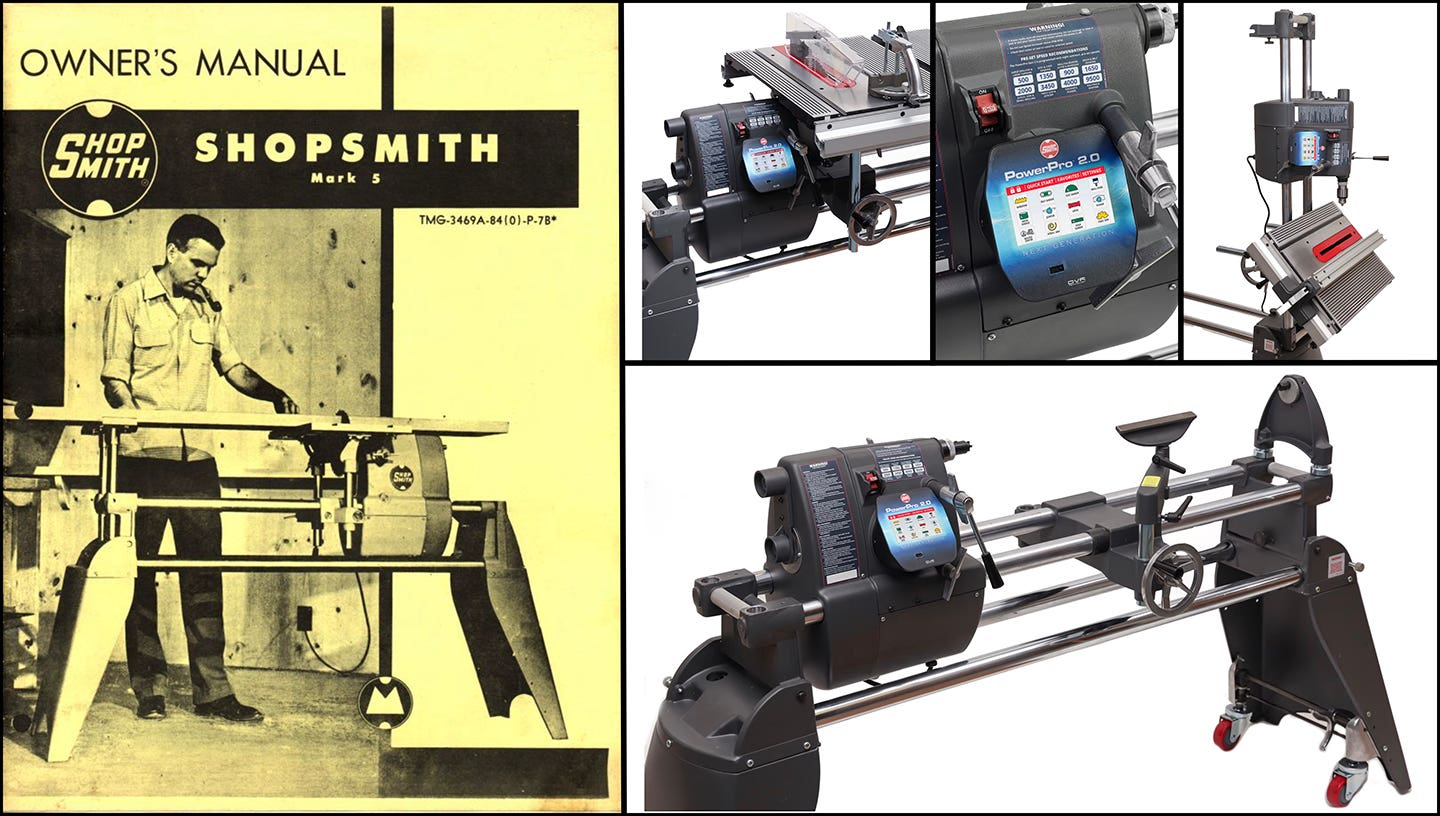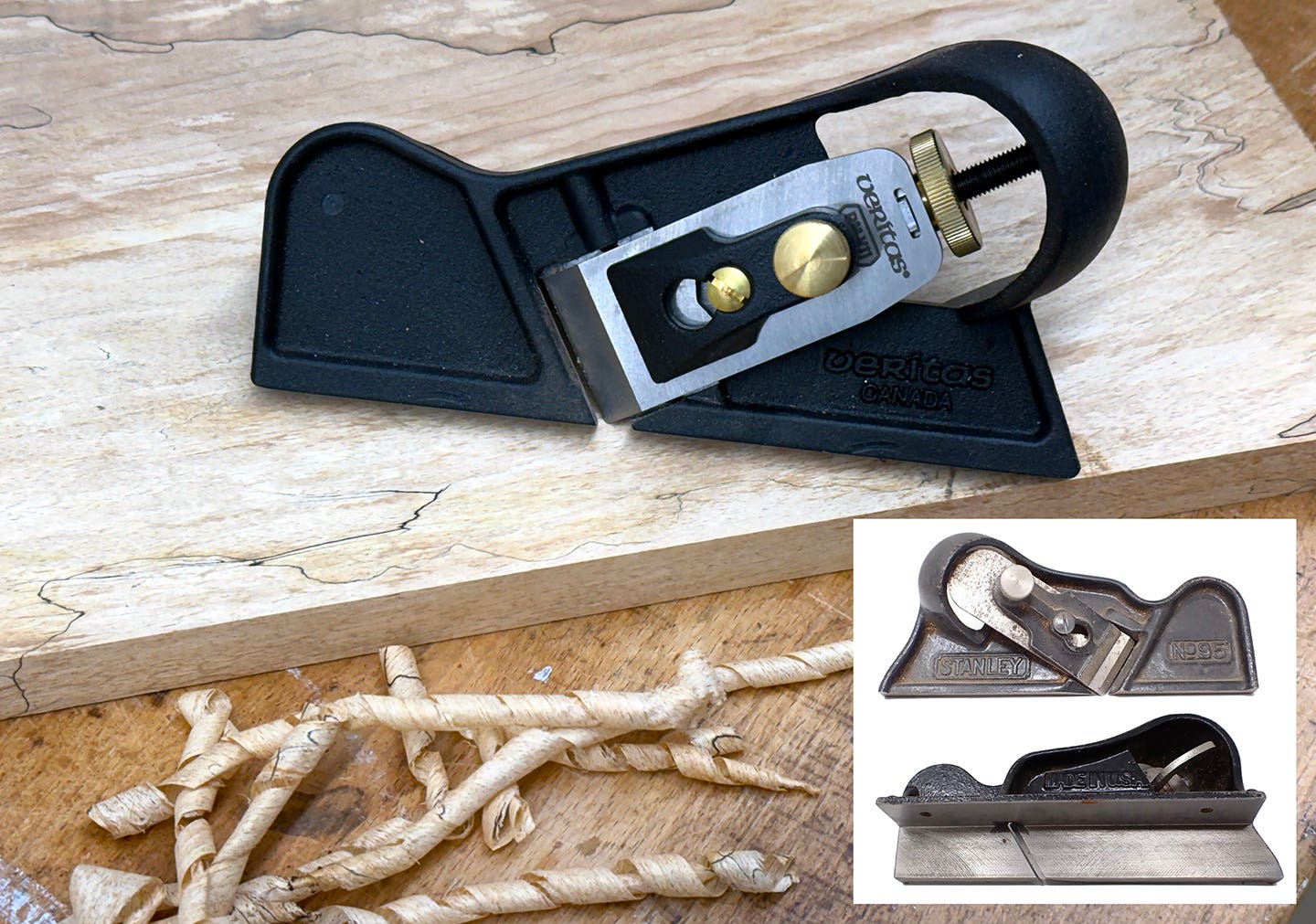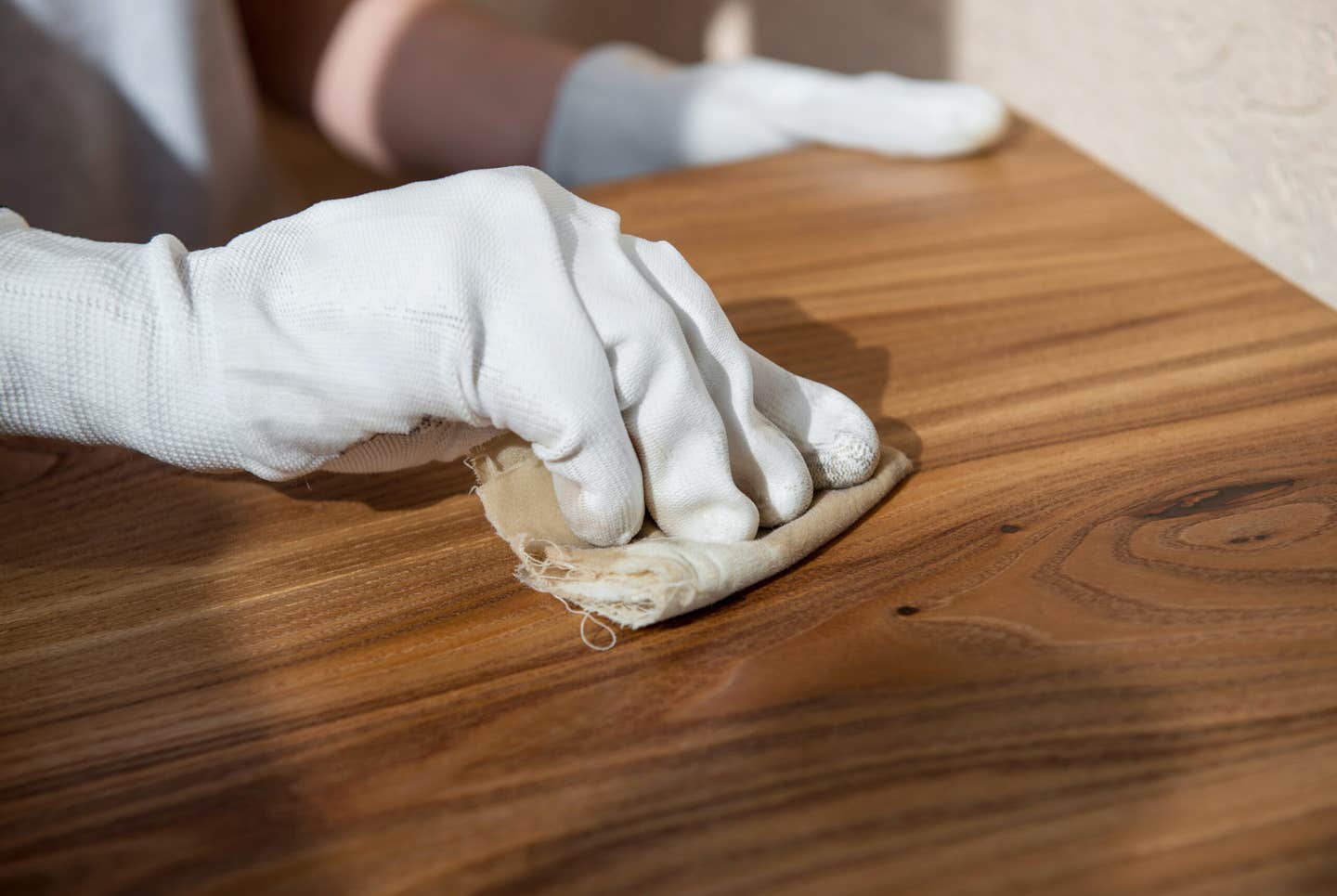Your talent can open doors to new revenue streams
This month’s cover story is about Carmana Designs, a Philadelphia cabinet shop that, according to co-owner Carmen Vona, has kept its doors open through the recession by having a second…
This month’s cover story is about Carmana Designs, a Philadelphia cabinet shop that, according to co-owner Carmen Vona, has kept its doors open through the recession by having a second income from rental properties.
“In today’s climate, most shops need to find out how to make alternate income. I started doing that when I was 20 years old with the rental properties, but it’s never too late to start that,” says Carmen. “You can’t always rely on income that’s coming in from the jobs. You don’t know what’s going to happen. Who expected the whole economy to collapse? I would have been one of the casualties. We would have shut down without that income.”
Vona goes so far as to say he could be more profitable by shuttering his business and renting his huge 23,000-sq.-ft. shop, but his passion for woodworking is too great.
Obviously, not everyone has the means to make a land grab. And I can tell you from personal experience that being a landlord involves way more than just cashing checks from tenants. Well done if you’ve got a second income. For those who don’t, there are ways to supplement your primary shop income.
Let me explain. First, consider all of the talents already in your possession as manager or owner of a woodworking business. Chances are you’re also a marketer, designer, salesman, estimator and problem solver. This can lead to part-time gigs as a consultant to other businesses, a writer or a teacher. Your knowledge and experience is valued by others and can net a good hourly fee.
Take a look at all of that machinery in your shop. Maybe you’ve got something — a CNC router, molder or spray booth — that other nearby shops lack. Putting the competition’s money in your pocket qualifies as another source of income and can also feel really good.
I’ve met woodworkers who are professional-quality photographers, incredibly proficient with design software and are machinery experts. They could quit their day job. They won’t, of course, because they share Vona’s passion for woodworking. But they have other options.
Something else Vona said, which didn’t make the story, caught my attention.
“My advice for woodworking business owners is to stay organized. Organization is the key to success. You have to be organized with accounts receivable, accounts payable, with clients, vendors. And you need to have a database and know what all of your supplies are and where they are.”
This article originally appeared in the November 2012 issue.







